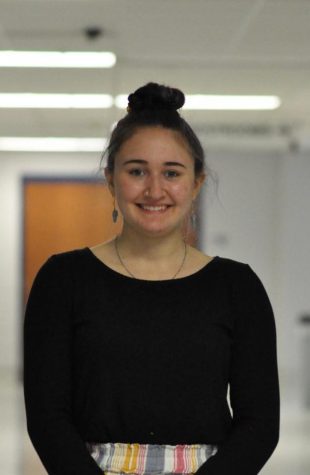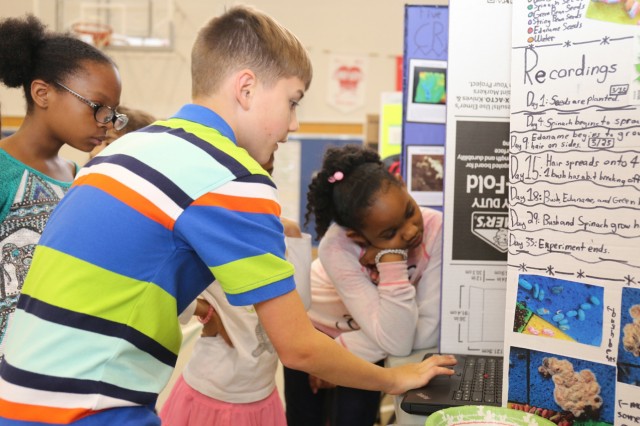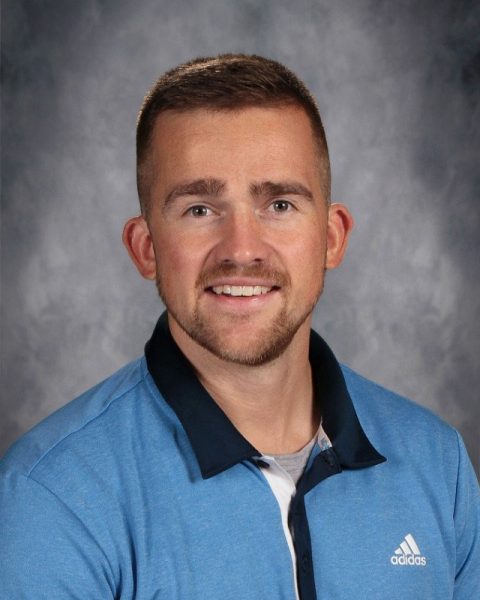PEAK program provides richer education
Any student who attended an NACS elementary for third, fourth, or fifth grade has most likely heard of the PEAK program. But what is it?
PEAK stands for Providing an Enriching Accent on Knowledge, and it’s used to expand logical/mathematical problem-solving skills as well as a child’s ability to research and analyze topics of interest.
“I love that I get to teach many of the same students through third, fourth, and fifth grade,” said PEAK teacher Molly Shoup. “It allows me to see them grow as students and as people.”
Each grade level participates in different activities The notable study topics for each year of the program are human brain and philosopher studies for third graders, Ancient Egypt and learning about their own culture for fourth graders, and museum exhibit design and scratch coding for fifth graders.
“I loved PEAK,” said sophomore Sona Andrews. “We got to go on a bunch of school field trips that were interactive and more tailored to our specific learning styles.”
Not only is the program enjoyable, it also is beneficial for students’ learning.
“PEAK definitely helped me,” said Sona. “I loved learning new things and getting to hang out with kids who thought in the same way as I did, and it also helped me realize my potential as a student.”
Not every student in NACS gets to experience PEAK, though. Each grade level only has about 10-15 students on average who are apart of the program.
“PEAK teachers work with classroom teachers to identify students for the PEAK program,” said Mrs. Shoup. “We follow Indiana’s recommended identification process which uses test data such as the NWEA and CogAT tests.”
Although most students in PEAK seem to enjoy the experience, for others, the negative aspects of the program outway the positives.
“I felt that they made us feel alienated by taking us out of class,” said sophomore Ellie Dart.
And for those students who aren’t picked to join, it can hurt their confidence in their capabilities as students.
“It can be good for those kids who are advanced and need deeper learning,” said eighth-grader Angelina Marks, “but at the same time it can damage the confidence of those who aren’t selected to be in it.”
Even though PEAK is often viewed as class for the smartest kids, PEAK teachers do not view the program as an indicator of which students will be in accelerated classes in middle and high school.
“We view it as a place for students at the elementary level to be challenged in a way that they need at that time,” said Mrs. Shoup. “Abilities develop differently and at different times in students’ lives.”
Children in the PEAK program often gain confidence in their learning abilities which encourages them to choose advanced classes in middle and high school with a mindset that they will do well.
PEAK isn’t going anywhere in the near future because of the motivation it instills in students to dig deeper into what they are interested in while also providing enjoyable education.
“I looked forward to PEAK all week and I was always excited when it was time to go,” said Sona. “I would literally count down the days.”

Gracie Rose is a senior who has been attending NACS schools since kindergarten. At 17, this is her third year working on The Charger Online and her second...





